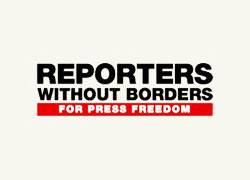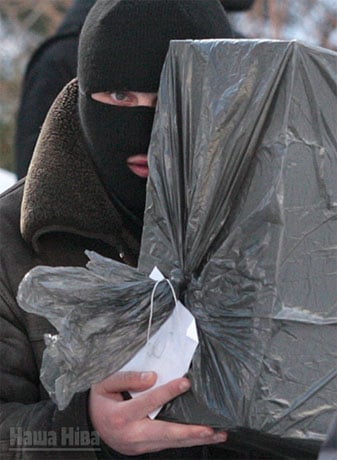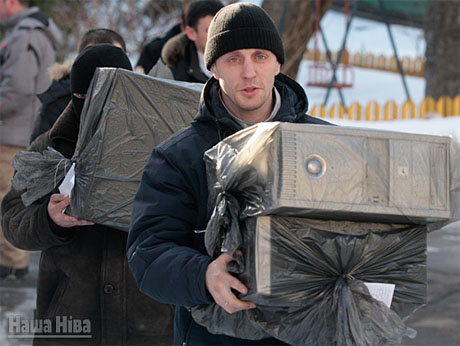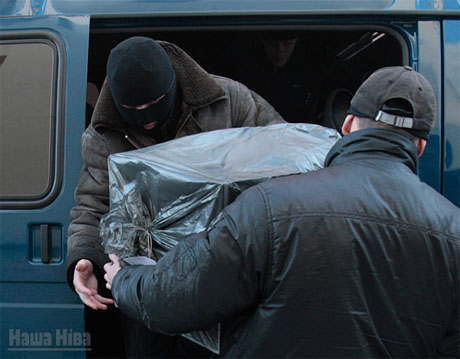Reporters Without Borders concerned about harassment of Natallya Radzina and charter97.org
10- 7.07.2010, 14:10

Reporters Without Borders raises a concern about harassment of online journalists in Belarus.
As Reporters Without Borders reminds, the editor of the charter97.org opposition website Natallya Radzina was interrogated in Minsk on 1 July about a comment posted on the site. It was the fourth time she has been interrogated since March.
“The police are using interrogation and seizure of equipment to harass and intimidate Internet users and online journalists, while new legislation is reinforcing control of Internet usage and restrictions on online free expression,” the RSF’s statement says. “The authorities are trying to get a firm grip on the Internet as they already have on other media.”
“These campaigns of intimidation have been growing as a presidential election approaches. They must be brought to an end to permit the pluralistic debate and criticism that are necessary for any free election,” Reporters Without Borders says.
The comments that led to Radzina’s latest interrogation we posted on the website in support of veterans of the Soviet-Afghan War, who had refused to accept medals from Alyaksandr Lukashenka. Computers and equipment seized from the charter97.org office in March in connection with an earlier case have never been returned.
Decree No. 60 “On measures for improving use of the national Internet network,” issued last February, took effect on 1 July. It establishes extensive control over Internet content and access, and requires Internet Service Providers (ISPs) to register with the communication and information ministry and provide technical details about online information resources, networks and systems.
The decree also requires ISPs to identify all the devices (including computers and mobile phones) that are being used to connect to the Internet. The aim of this provision is clearly to allow the government to control online access.
At the same time, anyone going online in an Internet café or using a shared connection (for example, in an apartment building) now has to identify themselves, while a record of all online connections will have to be kept for a year. All these measures will inevitably discourage people from visiting independent and opposition websites.
The decree also creates a “Centre of Operations and Analysis” (OAC) attached to the president’s office that will be tasked with monitoring content before it is put online – clearly establishing censorship at the highest level of government.

Police raid on the charter97.org office on March 16, 2010

Police raid on the charter97.org office on March 16, 2010

Police raid on the charter97.org office on March 16, 2010

Websaite’s journalist Natallya Radzina was beaten by a plainclothes policeman, who punched her in the face









